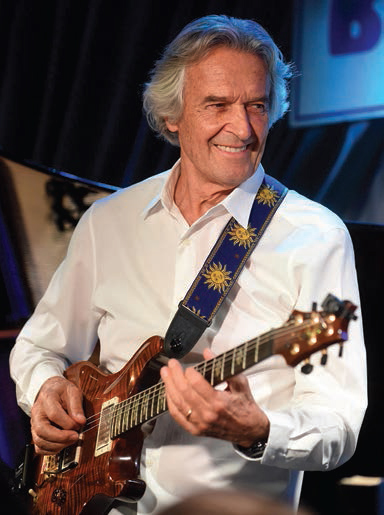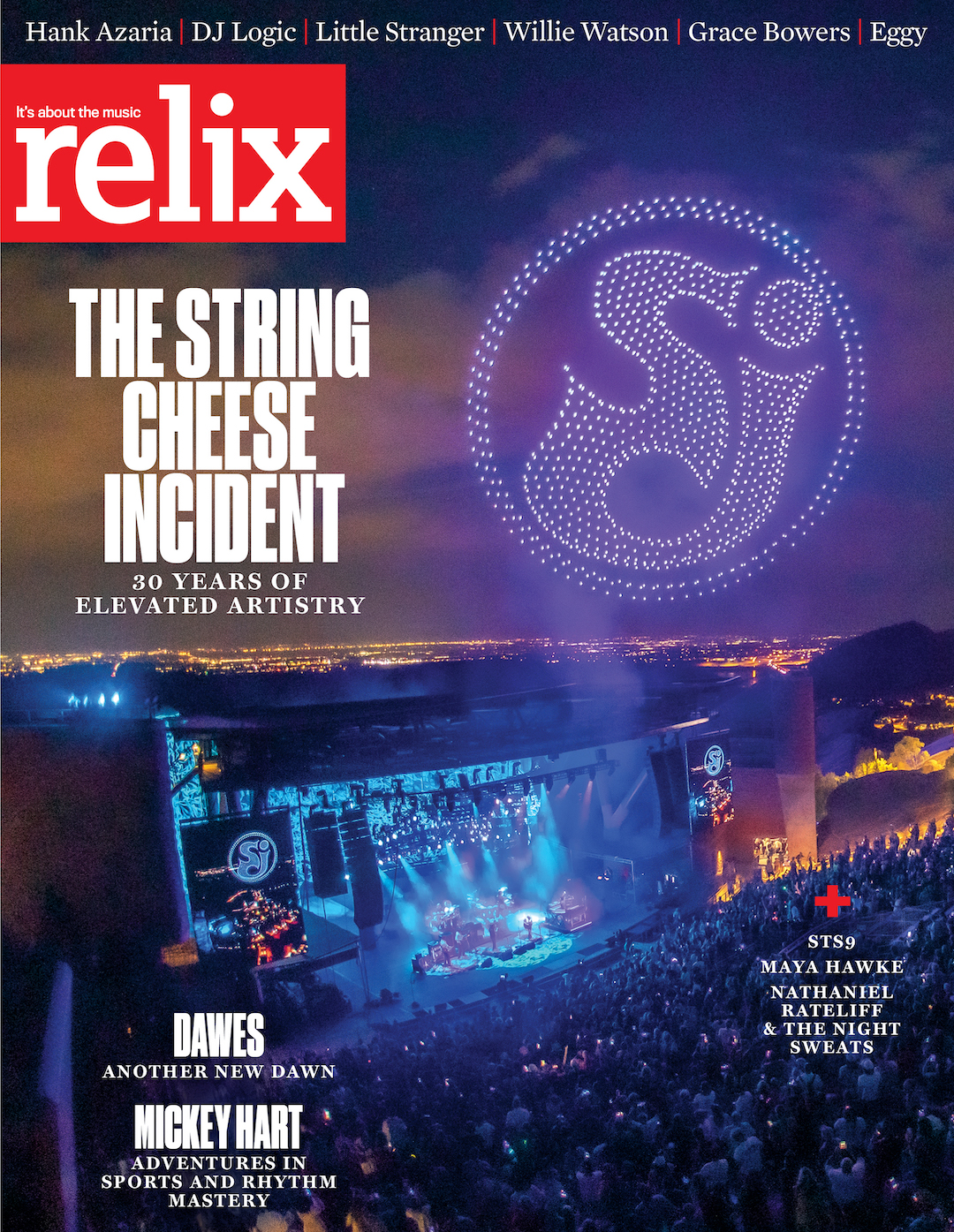Resolutions: John McLaughlin and the Personal Is Political

Photo by Dino Perrucci
As 2017 draws to a close and folks start thinking about New Year’s resolutions, we share these thoughts which began an Editor’s Note in our October_November issue.
***
The personal is political.
This rallying cry from the late-1960s and early-1970s seems as relevant today as ever.
The idea, as you can imagine, is that whatever decisions we make in our private lives are imbued with political implications. Even the seemingly smallest of choices or conversations carry impact.
This is the first thought that occurred to me after John McLaughlin told me why he doesn’t directly address the latest governmental strife while he’s performing.
“When I go onstage, the only thing I speak about is my life,” he explained. “And the thing is: How deep do I express it? How eloquently do I express it? And with how much love do I express it?—the love that I have for music, for myself, for the people around me and for the world at large. That’s all I really have. That’s all any musician has.”
This statement doesn’t mean that he’s apolitical. Instead, John recognizes the reverberations of every single note. The minutia matters. We’re not just voting with our feet (or the ballot box for that matter), but through every small decision we make in our lives.
If we all keep this in mind, then we can start to effect the change we feel is necessary (or at times, a vigorous affirmation of the status quo). Not only that, but it can prevent us from feeling disempowered or disenfranchised.
This, of course, is not to discourage anyone from direct action or peaceful protest. In recent days, I’ve seen Rep. Sheila Jackson Lee of Texas take a knee on the House floor. I’ve watched Eddie Vedder, Roger Waters and Dave Matthews all do the same in solidarity with NFL players. For all I know, by the time this issue is in your hands, some audience members at a particular event will have matched them. Of course, other audience members will have refrained, which is part of the larger point because this country’s fundamental tenets of free expression protect either action.
What’s more, I think it’s important to acknowledge the role of nonviolent resistance.
Since this essay first appeared in what we think of this as our “back to school” issue, please endure a brief refresher course. On Feb. 1, 1960, four students at North Carolina A&T sat down and ordered coffee at a segregated lunch counter at a Woolworth’s in Greensboro. When they were denied service, the four returned the following day in the face of vitriol and aggression. Their courage soon inspired similar protests, which yielded both public awareness and constructive results.
The same is true of the Montgomery Bus Boycott, in which some individuals opted to walk many miles to their workplaces for over a year in a protracted but ultimately successful attempt to end discriminatory practices in public transit.
Beyond that, on the subject of direct political engagement, please remember that while much of the recent media focus has been on our national political leaders, most of the decisions that directly impact our daily lives occur on a local level with state and municipal governments.
Please stay attuned to what’s happening there, lend your voice and possibly the rest of you as well (on a committee or perhaps in an elected office).
After all, the political is personal.
In speaking with John McLaughlin— who wrapped up an inspiring final U.S. tour earlier this month on a bill with Jimmy Herring—he noted that, ultimately, what’s most important for audiences is to understand “how deeply you care about what you’re doing and about how you’re playing and about the love that’s in the band” because “in the end, they want to hear a story.”
So take care and be aware when writing your own story.
The personal is political.



















